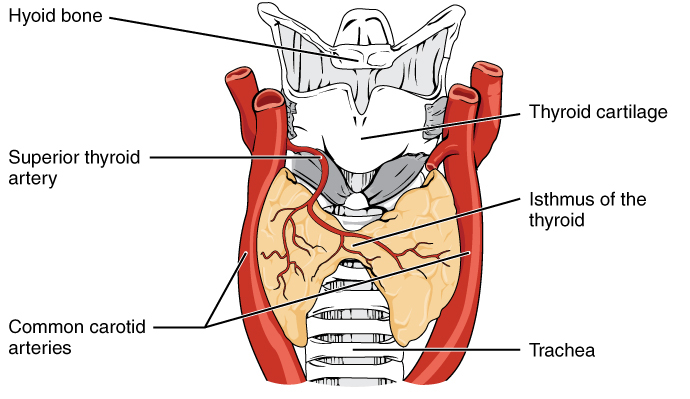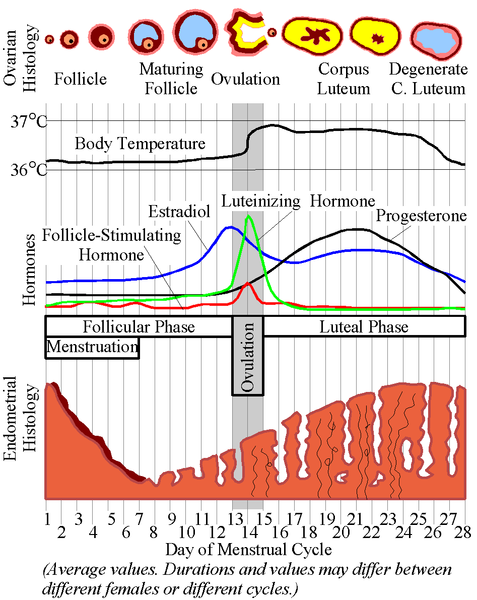The thyroid gland can be found in the neck and it is responsible for creating the hormones which make the metabolism functions normally. There are various connections between this gland and the menstrual cycle, as it depends on whether the woman’s thyroid is functioning normally, not working as hard or working too much. Keep reading below if you want to know about the relationship between your thyroid and menstrual cycle.
If your thyroid is working or functioning as it should, then it is hardly likely to have any effect on your menstruation cycle. An overactive thyroid is referred to as hyperactive or hyperthyroidism, while an underactive thyroid is called hypoactive. Both can cause abnormal menstruation cycles, and other problems.

In the event that you have an overactive gland, it will produce for more hormones than your body needs. Young girls with menstruation problems and an overactive thyroid might not have their period until they are fifteen years old, while women with this problem will have very light and irregular periods.
When it comes to the thyroid and menstrual cycle, excessive amounts of the thyroid hormones usually means persons can develop oligomenorrhea or amenorrhea condition. This condition refers to the total absence of menstrual cycle. There are actually two different forms of amenorrhea. You have the primary type in which a female never has a period, and the secondary type where the menstrual cycle will start and then stop. On the other hand, oligomenorrhea is a condition in which periods come infrequently for 6 to 8 times in a year.
Hypothyroidism is another problem that could occur from the connection between menstruation and thyroid. In this condition, your thyroid would not produce sufficient hormones that your body needs and this will cause your metabolism to slow down. Many girls with this problem usually start to have periods before they are ten years old. This condition could lead to many symptoms such as fatigue, weight gain, mood swings, depression, as well as heavy and longer periods.
If you are suffering from menstrual problems and an under-active thyroid, you could have a condition called menorrhagia. In this case, your periods can be much heavier and will last for longer periods.
Dysmenorrhea is another problem that you could have. This causes very painful periods, bad cramps as well as pain in the back, arms, head, and legs. You could also have bowel problems such as irregular movements.
Thyroid problems can lead to changes in your menstrual cycle as well as mood, so these symptoms are mistaken for menopause sometimes. If you suspect that you have a thyroid problem, your doctor can do a simple blood test to determine if the symptom is linked to a thyroid disorder or menopause, or maybe the two of them combined. You can talk to your doctor to get more information on your thyroid and menstrual cycle.



